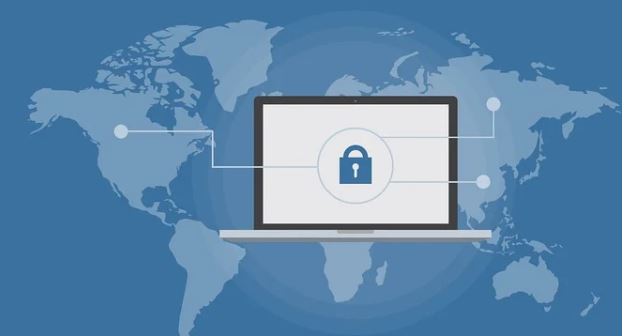Data security cannot be ignored by anyone. It’s equally important for individuals and businesses. However, enterprises have to hard when they have to take a lot more steps to ensure data security. And yet, hackers find weak spots to break the security barriers and enter the system.
With the governments setting up new regulations for stringent data security practices, small and medium–sized businesses are in a fix. The businesses cannot last long without projects, and projects are awarded only to those enterprises which meet the pre-defined data security requirements.
Data security addendum has become a part of business dealings and contracts. A business that doesn’t have the required data security systems can be disqualified from participating in tenders. The sales proposals are rejected.
It gets overwhelming for businesses to handle the changes and demands. Considering the cost-intensive nature of data security systems, businesses should know exactly what they want to do to avoid investing more than necessary. Contacting information security consultation and service providers will help in understanding the concept of data security. The leading consulting company offers data security addendum service to enterprises and takes care of planning, implementing, and managing the data security solution on behalf of the business.
Is there anything an enterprise can do to start improving data security for their business? Yes. The following are some strategies that will make the process easier for the management and the employees.
Put Firewalls in Place
The firewall is the first thing that gets exposed to cybercriminals. Imagine what would happen if it didn’t exist. Hackers would enter the system and take control in no time at all. The enterprise should set up the standard external firewall and various internal firewalls to safeguard the system. This will help in creating multiple protective layers to slow down hackers. Employees who work from home or use home computers for work should be advised to set up firewalls and protect their computers/ laptops.
Consider Mobile Phones
Bringing personal devices to work is fast becoming common in many businesses. Both employees and management prefer this as it is both convenient and cost-effective. But it also increases the risk of being exposed to cybercriminals. Employees’ mobile phones, tablets, laptops, etc., need to be included in the data security policy. The employees will have to be given a set of guidelines to follow to safeguard their personal devices. Any change in the policy should apply even to these devices.
Security Awareness Programs for Employees
The management cannot achieve complete data security if employees are not aware of it. Periodic training and awareness programs should be conducted to teach employees the importance of security policies. This will also make them understand the need for having various passwords and authentication protocols to access data. The implementation of security policies becomes easier when employees cooperate with the management.
Regular Data Back-Up
Always, always have a backup copy. This is easier said than done as businesses generate a vast amount of data every day. Enterprises can either have an in-house data center, lease space on a third-party colocation, or save data on the cloud (third-party). But it is absolutely essential to have a backup copy and update it regularly. Automating the process might be easier for the management and save time for the employees.
The Importance of Safe Password Practices
A device or an account without a password means to invite the hackers to take control of the system. Even if there are firewalls, every employee’s user account, email, etc., should be password protected. The passwords have to be changed periodically and not revealed to outsiders. When more than 60% of the security breaches happen due to weak or lack of passwords, enterprises and employees cannot afford to ignore them anymore.
Antivirus and Anti Malware Software Solutions
Antivirus software is a must. It is an integral part of data security protocols. Businesses need to invest in reliable and advanced antivirus software solutions. The same goes for anti-malware and spyware solutions. They act as individual security layers that protect the business system. The stronger the layers, the tougher it will be for hackers to break into the system.
Documenting Security Changes and Policies
Documenting the security protocols is not only vital but necessary as well. Having a detailed document describing the security practices implemented by the management will come in handy when applying for tenders. The companies that provide data security addendum service emphasize the importance of documenting every action, update, and change for reference.
Businesses can contact the leading information security service provider and request a consultation. A security audit will show the strengths and weaknesses of the security system of the business. This audit report will act as a reference point when planning data security protocols for the business.
